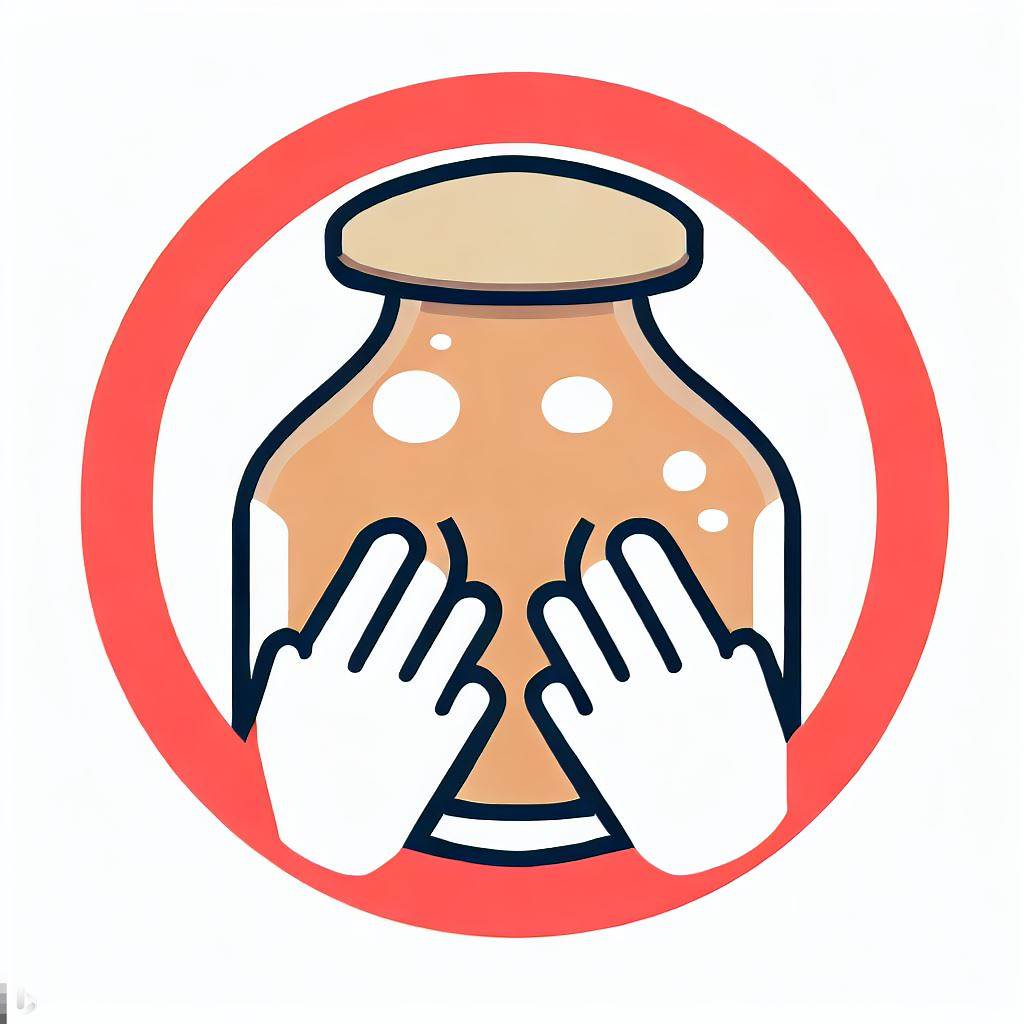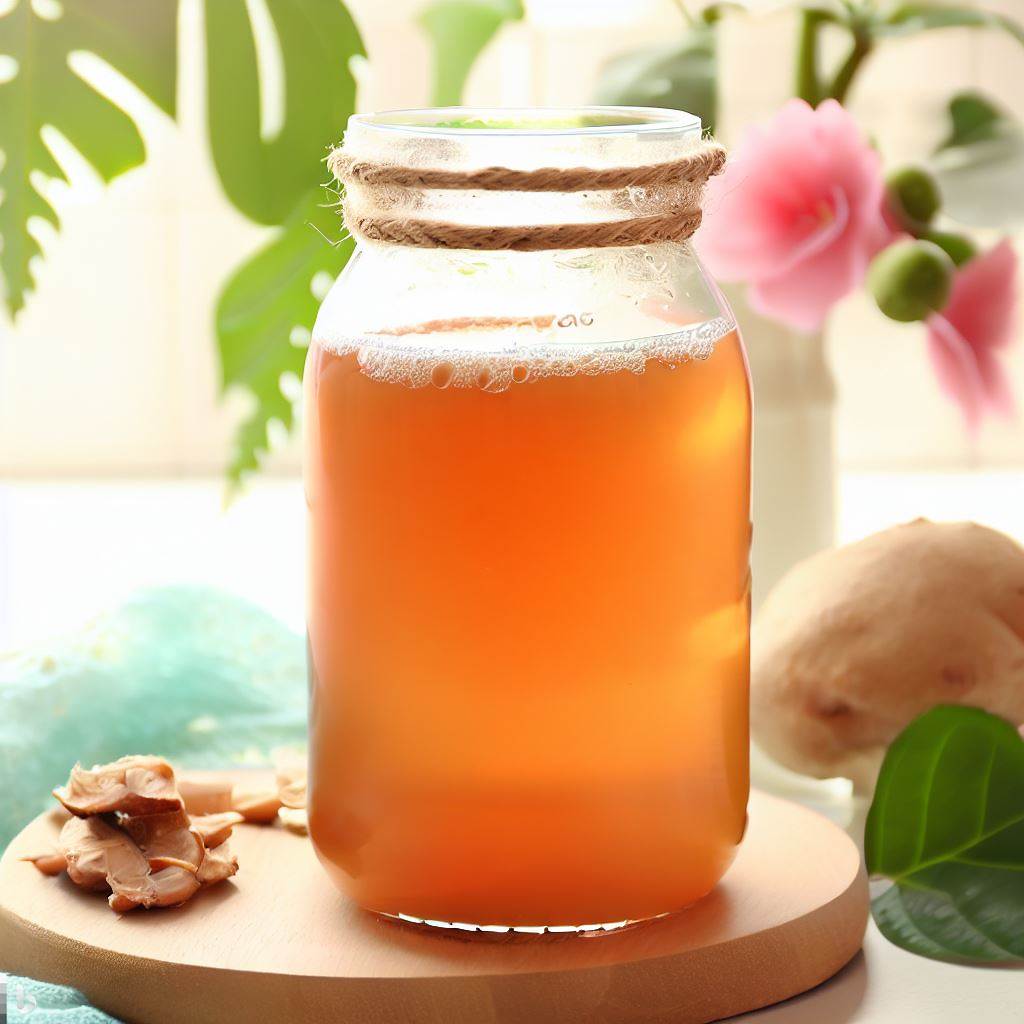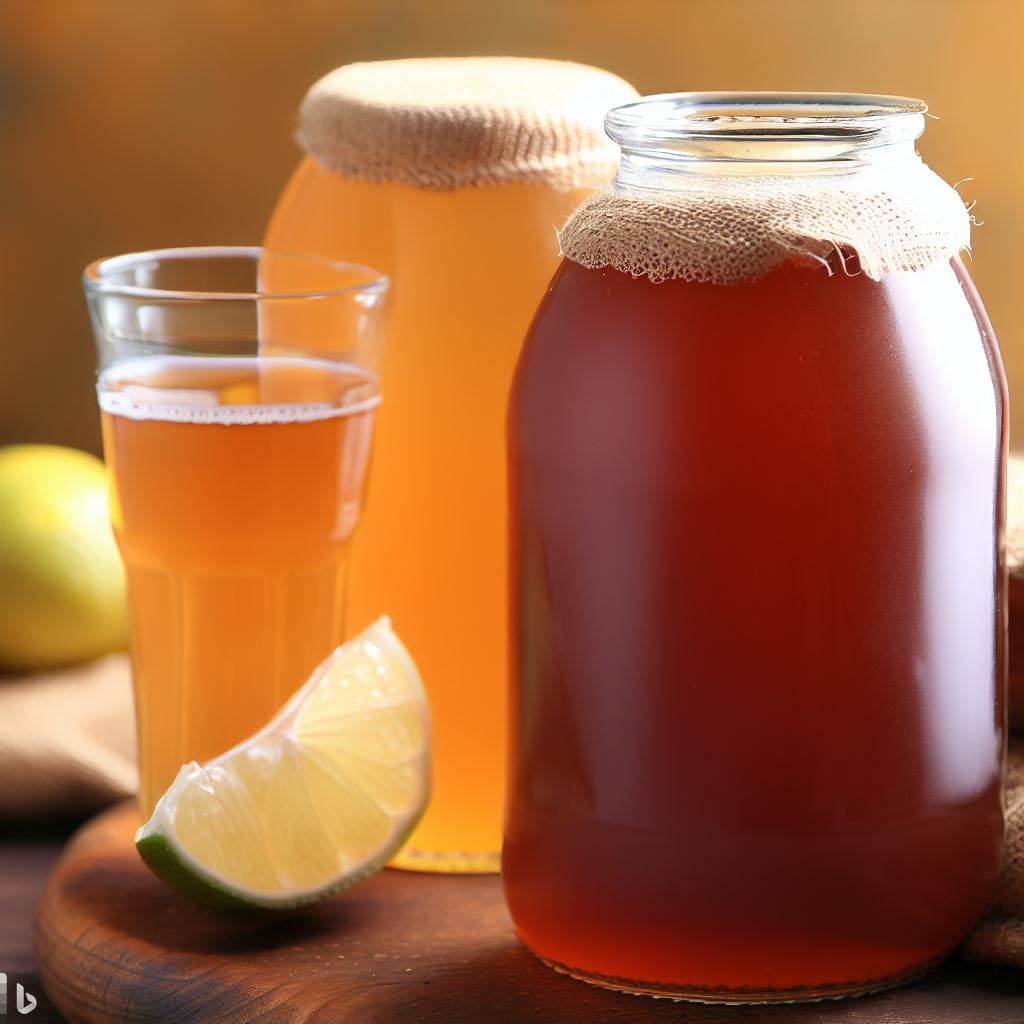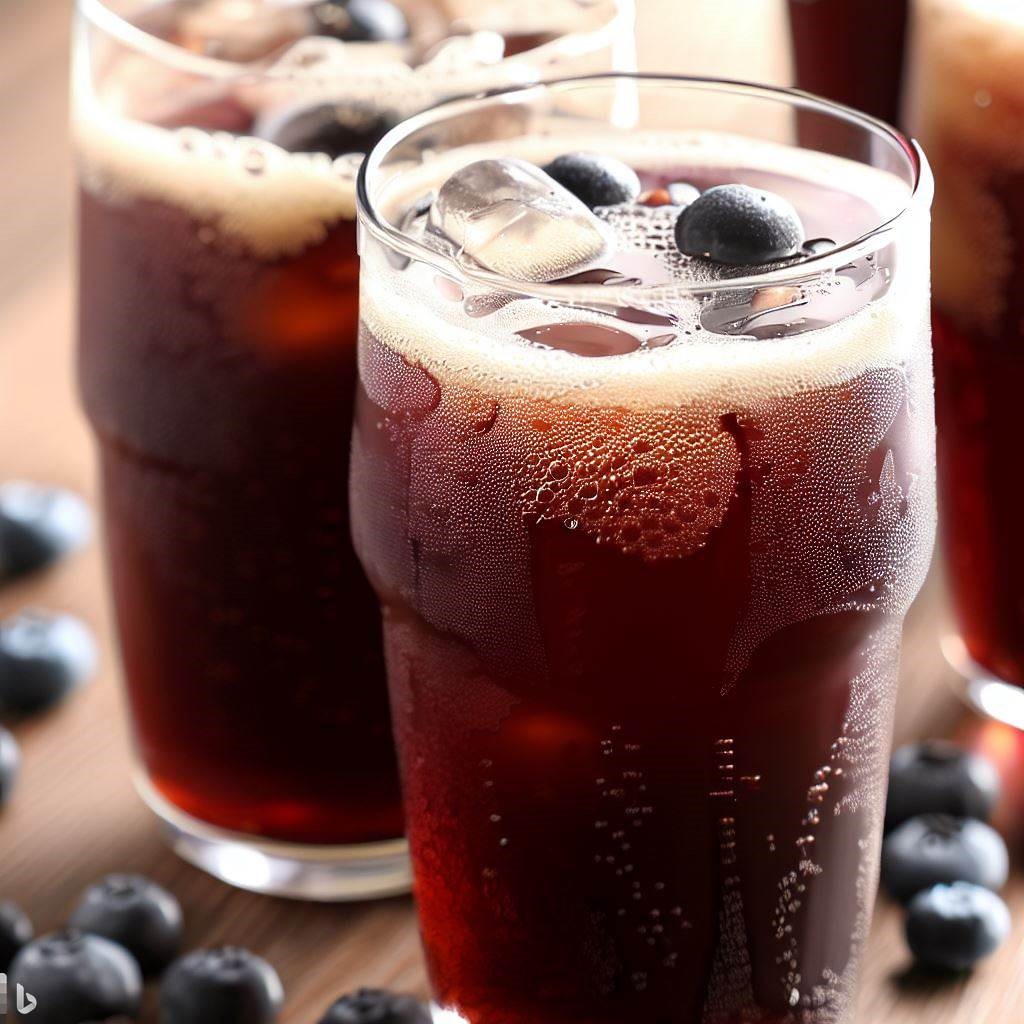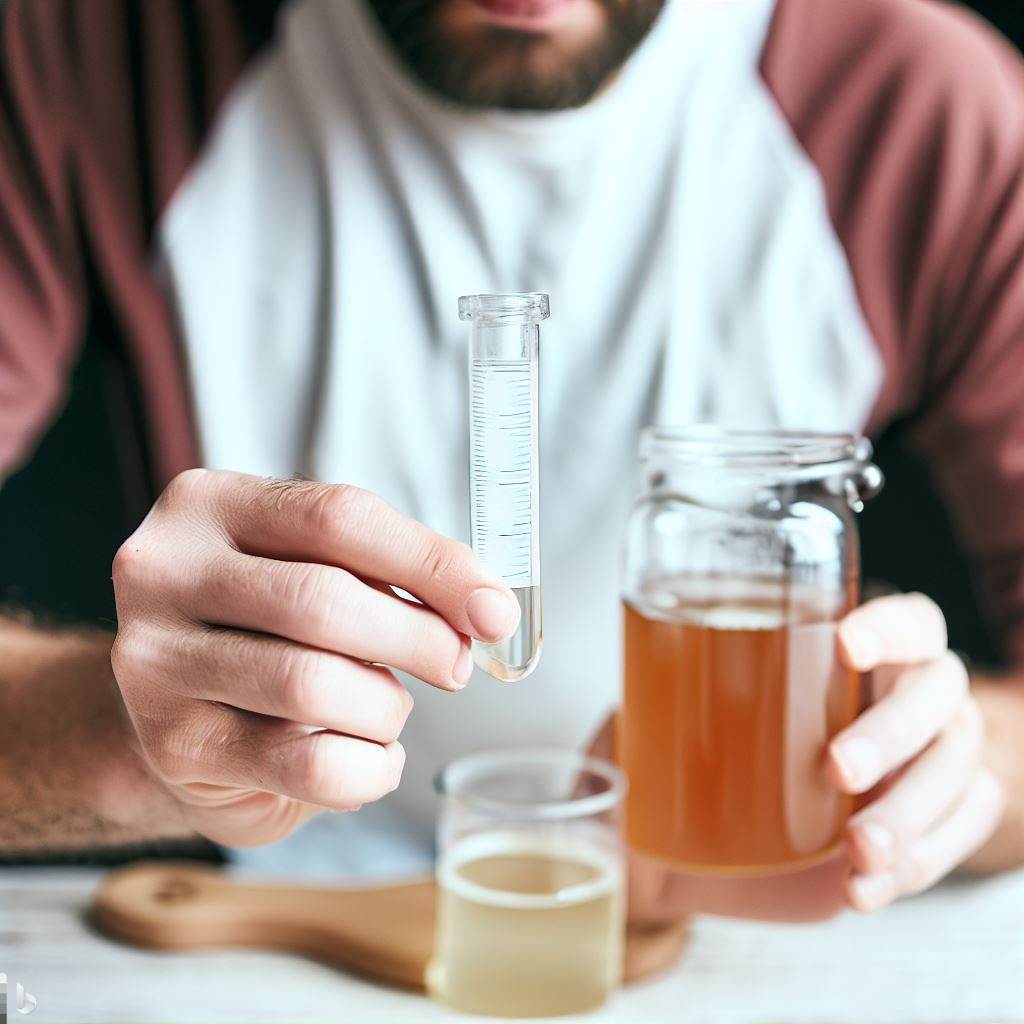Kombucha, a fermented tea beverage, has gained immense popularity in recent years due to its potential health benefits and refreshing taste. However, for those new to kombucha, understanding its flavor profile and distinguishing between good and spoiled batches can be a bit challenging. In this article, we will delve into the intricate taste of kombucha and provide insights on how to identify signs of spoilage. Want to learn more? Check out this fantastic book with many topics on kombucha brewing. Not sure where to start, look at our QuickStart Guide.
The Flavor Profile of Kombucha:
Kombucha offers a complex flavor profile that combines tartness, sweetness, and a hint of acidity. The taste can be described as a balance between sourness and sweetness, similar to a sparkling apple cider or ginger ale. The level of tartness can vary depending on factors such as the fermentation time, type of tea used, and any additional flavorings or ingredients. If any of these areas are off in the Kombucha it could be a sign that it is spoiled.
Tartness: The tartness in kombucha is a result of the fermentation process, where the bacteria and yeast consume the sugars in the sweetened tea and convert them into organic acids. This tartness is often likened to the tanginess of vinegar but is milder in kombucha. It adds a refreshing and zesty element to the overall taste.
Sweetness: While the fermentation process reduces the initial sugar content, kombucha still retains a certain level of sweetness. The sweetness can vary depending on the type of tea used and any additional sweeteners added during the brewing process. It helps balance out the tartness and provides a pleasant contrast to the overall flavor.
Acidity: Kombucha contains acetic acid, which contributes to its slightly acidic taste. However, the acidity level in kombucha is lower compared to commercial vinegars. The presence of acetic acid adds depth to the flavor profile and enhances the overall tanginess.
Carbonation: Kombucha is naturally carbonated due to the fermentation process. The carbonation gives it a fizzy texture, similar to that of soda. The effervescence adds a delightful mouthfeel and enhances the overall drinking experience.
Identifying Spoilage:
While kombucha is generally safe to consume, it is essential to be able to identify signs on if it is spoiled. Here are some indicators that your kombucha may have spoiled:
1. Mold: If you notice any fuzzy patches or discoloration on the surface of your kombucha, it is a clear sign of mold growth. Mold can be harmful, and consuming spoiled kombucha can lead to adverse health effects. In such cases, it is best to discard the entire batch.
2. Off-putting odor: Kombucha may have a slightly vinegary smell due to the presence of acetic acid. However, if you detect a foul or unpleasant odor, it could indicate spoilage. Trust your senses, and if the smell is off-putting, it is advisable to err on the side of caution and discard the kombucha.
3. Abnormal taste: While kombucha has a unique taste, any drastic deviation from its usual flavor profile could indicate spoilage. If your kombucha tastes excessively sour, rancid, or unpleasant, it is best to refrain from consuming it.
4. Excessive carbonation: While carbonation is a natural characteristic of kombucha, excessive fizziness or explosive carbonation can be a sign of over-fermentation. This can lead to a higher alcohol content and an off taste. Exercise caution and consider discarding the batch if the carbonation seems abnormal.
Thoughts:
Kombucha offers a distinctive taste that combines tartness, sweetness, and a hint of acidity. Its flavor profile can vary depending on factors such as fermentation time, tea type, and added flavorings. Understanding the taste of your brew and being able to identify signs on if your kombucha is spoiled are crucial for a safe and enjoyable experience. Remember to trust your senses and discard any kombucha that exhibits mold growth, off-putting odor, abnormal taste, or excessive carbonation. Enjoy the unique taste of kombucha while reaping its potential health benefits.
Deeper dive on the Kombucha being potentially spoiled? Check out the Youtube Video Link on the topic.
Want to Learn More About Kombucha and Brewing?
Check out the Importance of Tea Starter
Our Quickstart Guide to Brewing
Booch Brew News for Recent Kombucha Updates in our Sub-Culture


